Brauche ich einen Wasserfilter, wenn ich nach Vietnam reise?
Vietnam, as a vibrant and attractive tourist destination in Southeast Asia, attracts millions of tourists every year. However, an important question for people traveling to Vietnam is: Do I need to bring a water filter? Is the water in Vietnam treated and purified?
To answer these questions, this article will take a deep look at the water quality in Vietnam, the current status of local water treatment facilities, and safety recommendations for tourists to drink water in Vietnam.
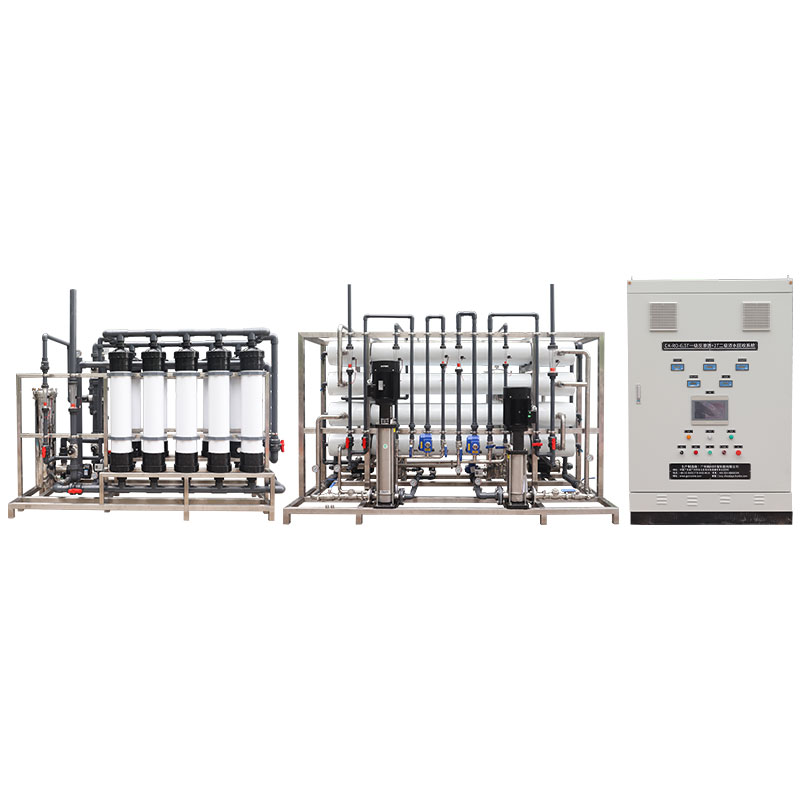
How is the water quality in Vietnam?
1. Tap water quality:
The tap water quality in Vietnam varies greatly in different regions. In the capital Hanoi and the southern economic center Ho Chi Minh City, tap water is generally treated to a certain extent and the water quality is relatively good. But in some remote and rural areas, the tap water treatment facilities are not perfect, and the water quality may have greater safety risks.
● Hanoi and Ho Chi Minh City: Most water plants use basic water treatment processes, including sedimentation, filtration and disinfection. However, due to aging pipes and insufficient maintenance, the water may be secondary polluted during transportation.
● Remote areas: Many places have incomplete tap water treatment facilities, poor water quality, and may contain suspended matter, bacteria and other pollutants.
2. Groundwater and well water:
In rural areas of Vietnam, groundwater and well water are the main sources of drinking water. However, these water sources are untreated and are susceptible to agricultural pollution, industrial emissions and natural minerals.
● Pollutants: These pollutants include pesticides, heavy metals, bacteria and viruses, which pose a potential threat to human health.
● Safety: Untreated groundwater and well water are not recommended for direct drinking and need to be properly purified.
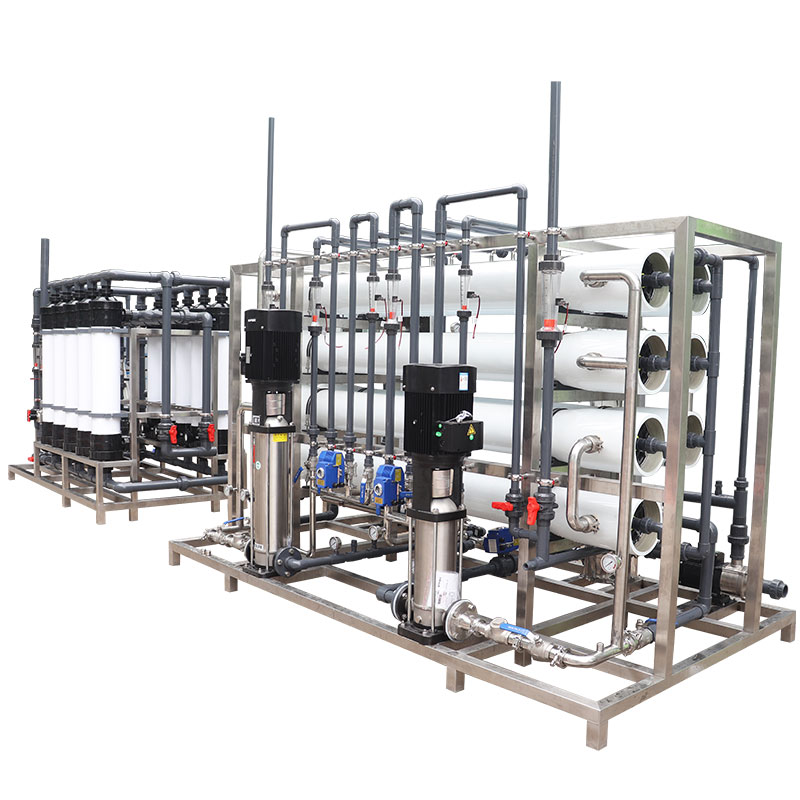
How are Vietnam's water treatment facilities?
1. Water treatment process:
Major cities in Vietnam, such as Hanoi and Ho Chi Minh City, have relatively complete water treatment facilities. A typical water treatment process includes the following steps:
● Water intake: Water is taken from rivers, lakes or groundwater sources.
● Sedimentation: Large particles in the water are settled by gravity.
● Filtration: Suspended matter in the water is removed by sand filtration or other filter materials.
● Disinfection: Chlorine or ultraviolet disinfection is commonly used to kill pathogens in the water.
2. Pipeline network transportation:
Although water treatment plants can produce drinking water that meets standards, the aging and poor maintenance of water pipelines is a serious problem. During the transportation process, water may be contaminated, resulting in a decline in water quality for end users.
● Pipeline aging: The pipeline system in some areas is old and has problems such as rust and leakage.
● Secondary pollution: Due to broken or improperly maintained pipes, water may be affected by external pollution sources such as soil and groundwater during transportation.
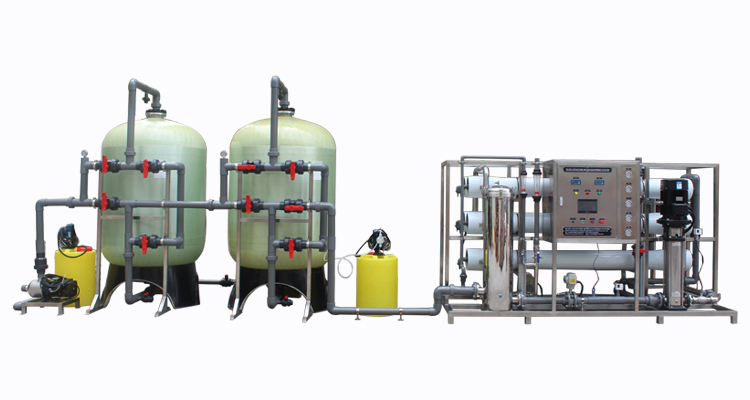
Do I need a water filter when I go to Vietnam?
1. Choose bottled water:
For tourists visiting Vietnam for a short period of time, the safest choice is to drink bottled water. Bottled water is sold in major cities and tourist attractions in Vietnam, with moderate prices and convenient purchase.
● Brand selection: Choose a reputable brand to ensure the safety of water quality.
● Occasions of use: In addition to drinking, it is also a good idea to rinse your mouth and brush your teeth with bottled water to avoid potential contamination in tap water.
2. Use a water filter:
If you plan to stay in Vietnam for a long time, or go to remote and rural areas, it is a wise choice to carry a portable water filter. Water filters can effectively remove impurities, bacteria and viruses in water, ensuring safe drinking water.
● Type selection: There are many types of portable water filters on the market, including gravity filters, pump filters and bottled water filters. Choose the appropriate model according to your personal needs.
● Instructions for use: Strictly follow the instructions and replace the filter cartridge regularly to ensure the filtering effect.
3. Avoid drinking tap water directly:
Although tap water is treated in Hanoi and Ho Chi Minh City, there is still a certain risk in drinking it directly. It is recommended to use water that has been boiled or treated with a water filter.
● Boiling: Boiling for at least one minute can kill most microorganisms in the water, which is the simplest and most effective disinfection method.
● Filtration: Using a water filter can further remove chemical pollutants and microorganisms in the water, providing higher safety guarantees.
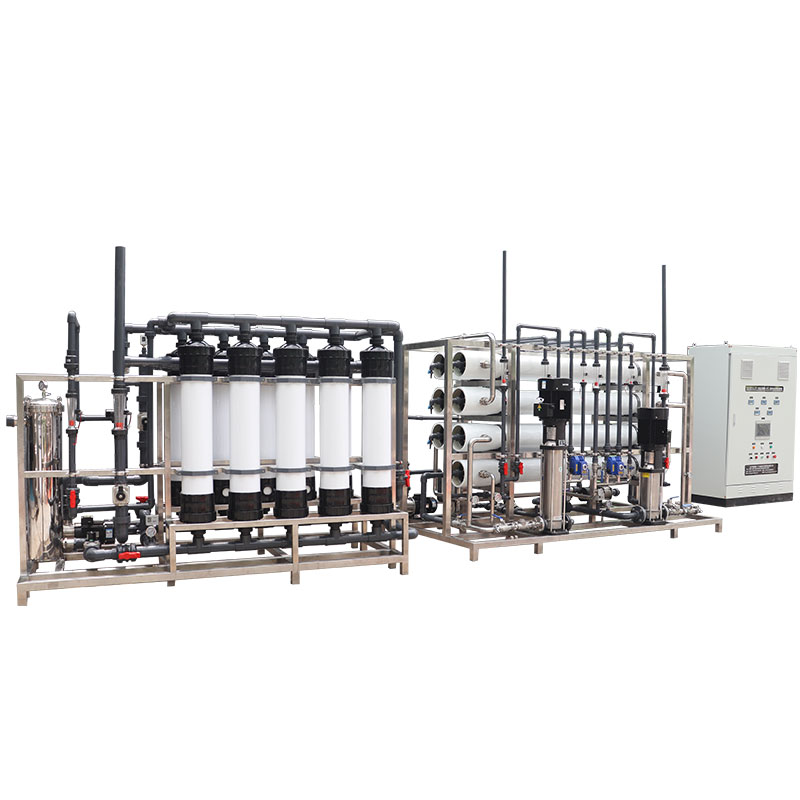
Case Study on Water Quality in Vietnam
Case 1: Water Quality in a Hotel in Hanoi
An international chain hotel in the center of Hanoi provides guests with bottled water and tap water that has been filtered through multiple stages. The hotel uses advanced water treatment systems, including reverse osmosis and ultraviolet disinfection, to ensure that the water quality meets drinking standards.
● Results: Guests generally report that the water quality is good, free of odor and impurities, and safe to use.
● Recommendation: Even in high-end hotels, it is still recommended to drink the provided bottled water, especially when out and about.
Case 2: Drinking habits of a family in Ho Chi Minh City
A family in Ho Chi Minh City installed a home water purifier system, including pre-filtration, activated carbon filtration, and reverse osmosis. Family members use water treated by the purifier for daily drinking and cooking.
● Results: The water quality has improved significantly, with a good taste and no obvious odor or impurities.
● Recommendation: For foreigners living in Vietnam for a long time, installing a home water purifier is a good choice.
Case 3: Water Quality Challenges in Rural Areas
In a rural area in Vietnam, residents mainly rely on groundwater and well water as their drinking water sources. However, due to the lack of effective water purification measures, local residents face greater drinking water safety risks.
● Results: Residents reported cases of water-related diseases such as diarrhea.
● Recommendations: The introduction of simple filtration devices, such as ceramic filters and portable water filters, can significantly improve drinking water safety.
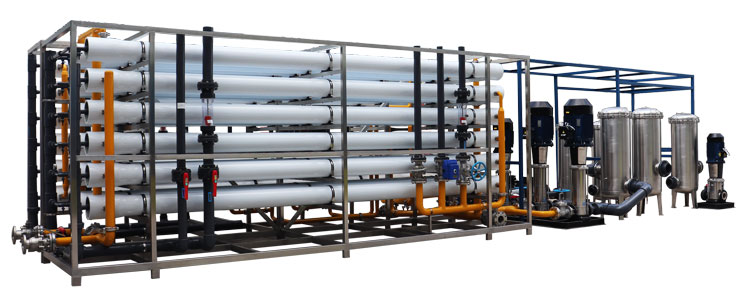
Conclusion
In general, water quality in Vietnam varies from region to region. In major cities such as Hanoi and Ho Chi Minh City, although tap water is treated, it is still risky to drink directly due to aging and maintenance problems in the delivery pipelines. For short-term travelers, drinking bottled water is the safest option. For tourists and residents who live long-term or travel to remote areas, carrying or installing water filters is an effective measure to ensure drinking water safety.
During your trip to Vietnam, understanding the local water quality conditions and taking appropriate precautions can effectively avoid drinking water safety issues and ensure a pleasant and healthy trip.






